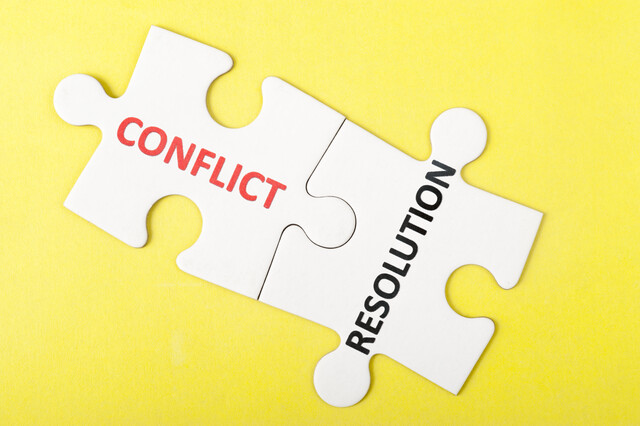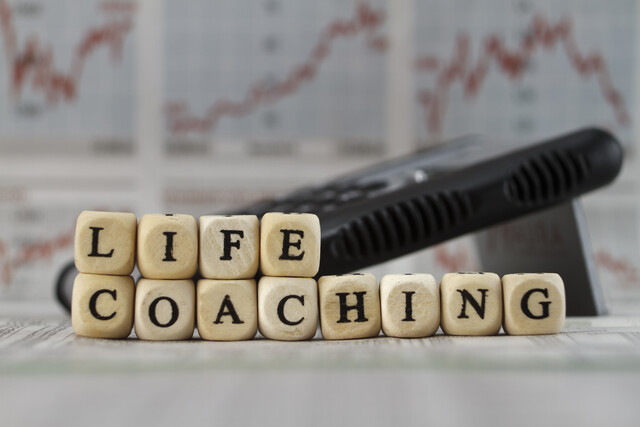Online Class: Introduction to Child Psychology

no certificate
with CEU Certificate*
-
11Lessons
-
12Exams &
Assignments -
4,848Students
have taken this course -
7Hours
average time -
0.7CEUs
Course Description
Imagine being able to truly understand the way children think, feel, and perceive the world around them. Picture knowing how to approach a child who's struggling with emotions or why a toddler asks "why" a hundred times a day. That's the power of child psychology--a field that opens a window into the inner workings of a developing mind. This course isn't just an academic exercise; it's a journey that will transform the way you engage with children, whether you're a parent, teacher, aspiring psychologist, or simply someone fascinated by the mysteries of child development.
From the moment you begin, you'll be guided through the intricate world of childhood, starting with how the very concept of childhood has changed through history. Understanding this shift isn't just a look at the past--it's key to recognizing how today's societal norms influence how we raise, teach, and interact with children. What we often take for granted in modern childhood, like structured education or the importance of play, wasn't always considered essential. Gaining this perspective allows you to approach child development with fresh eyes, seeing both its universality and its cultural context.
As you delve deeper, you'll explore the biological and neurological foundations of development--how genetics and early brain development influence everything from emotions to social interactions. Knowing the science behind a child's growth equips you with the ability to recognize what is a normal part of development and what might signal the need for further attention or support. For instance, understanding how a child's brain processes emotions differently from an adult's can help you respond more empathetically when they experience big feelings, like the grief over losing a pet or the frustration of not being understood.
The heart of the course reveals the major theories that have shaped our understanding of child psychology. You'll travel through Piaget's stages of cognitive development, where a child's perception of reality changes dramatically as they grow. You'll learn why a preschooler might think the moon follows them or why a teenager seems to test boundaries at every turn. Piaget's work offers a roadmap for understanding how children think differently from adults, and once you see the world through their eyes, your approach to them will never be the same.
You'll also encounter Vygotsky's idea that social interaction is crucial for learning, emphasizing the powerful role that family, peers, and culture play in shaping a child's mind. Through this lens, everyday conversations, playdates, and group activities become opportunities for immense learning, not just fun. And Erikson's stages of psychosocial development will show you how trust, autonomy, and identity form the emotional backbone of a child's growth. These theories aren't just academic--they're tools you'll carry into every interaction, helping you nurture trust and foster independence in the children around you.
Language development is one of the most captivating parts of child psychology. Watching a child learn to speak--first in sounds, then in words, and eventually in full conversations--gives us insight into how deeply intertwined language is with thought. As you explore how children acquire language, you'll understand why a toddler might say "I goed to the park" and how this represents a complex grasp of grammar, not a mistake. With this knowledge, you'll be able to support children's language growth, recognizing that every question, story, or new word brings them closer to understanding the world and their place in it.
Of course, one of the most enduring debates in psychology is the balance between nature and nurture. Is a child's development primarily driven by genetics, or is it shaped by the environment they grow up in? You'll dive into this discussion, enriched with modern research, to explore how these forces interact to create the individual. Whether it's a child's temperament, academic abilities, or emotional resilience, you'll gain a balanced view of how biology and environment combine to mold the person they become.
Family dynamics also play a crucial role in shaping a child's psychology. Whether it's the bonds between siblings, the influence of parenting styles, or the impact of family changes like divorce, you'll uncover how these relationships affect a child's emotional and social development. You'll learn how children internalize the stability, or lack thereof, in their home environment, and how parents can foster resilience and confidence through everyday interactions. This understanding gives you the tools to not only support children during times of change but also to strengthen family bonds that nurture healthy development.
By the time you reach the end of the course, the focus turns to practical applications. You'll learn how psychologists assess children through behavioral inventories, intelligence tests, and emotional evaluations. This knowledge helps in identifying challenges early, ensuring children receive the support they need to thrive. Whether you're an educator looking to support students with learning differences or a parent seeking insight into your child's unique needs, these tools offer practical strategies for helping children reach their full potential.
This course is designed for anyone passionate about understanding children on a deeper level. You don't need prior knowledge--just a desire to learn how to engage with children in a way that resonates with their developmental stage. Whether you want to be a better parent, a more empathetic teacher, or a professional working with children, this course will arm you with knowledge and strategies to make a lasting impact.
- Completely Online
- Self-Paced
- Printable Lessons
- Full HD Video

- 6 Months to Complete
- 24/7 Availability
- Start Anytime
- PC & Mac Compatible
- Android & iOS Friendly
- Accredited CEUs

Course Lessons
Lesson 1. The Historical Journey of Childhood
 Lesson 1 Video
Lesson 1 Video Review Practice Worksheet: Lesson-1-Activity-10575.pdf
Review Practice Worksheet: Lesson-1-Activity-10575.pdf Lesson discussions: Reasons for Taking this Course
Lesson discussions: Reasons for Taking this Course Complete: Lesson 1 Assignment
Complete: Lesson 1 Assignment Assessment: Lesson 1 Review Exam
Assessment: Lesson 1 Review Exam
Lesson 2. Biological Beginnings
 Lesson 2 Video
Lesson 2 Video Review Practice Worksheet: Lesson-2-WordSearch-10576.pdf
Review Practice Worksheet: Lesson-2-WordSearch-10576.pdf Assessment: Lesson 2 Review Exam
Assessment: Lesson 2 Review Exam
Lesson 3. The Evolution of Child Psychology: From Ancient Philosophies to Modern Frameworks
 Lesson 3 Video
Lesson 3 Video Review Practice Worksheet: Lesson-3-WorkSheet-10577.pdf
Review Practice Worksheet: Lesson-3-WorkSheet-10577.pdf Assessment: Lesson 3 Review Exam
Assessment: Lesson 3 Review Exam
Lesson 4. Piaget’s Stages: Charting Intellectual Progress from Birth
 Lesson 4 Video
Lesson 4 Video Review Practice Worksheet: Lesson-4-WordSearch-10578.pdf
Review Practice Worksheet: Lesson-4-WordSearch-10578.pdf Assessment: Lesson 4 Review Exam
Assessment: Lesson 4 Review Exam
Lesson 5. Learning Through Play and Language: Vygotsky's Insights in Practice
 Lesson 5 Video
Lesson 5 Video Review Practice Worksheet: Lesson-5-WordSearch-10579.pdf
Review Practice Worksheet: Lesson-5-WordSearch-10579.pdf Assessment: Lesson 5 Review Exam
Assessment: Lesson 5 Review Exam
Lesson 6. Erikson’s Eight: From Trust to Integrity
 Lesson 6 Video
Lesson 6 Video Review Practice Worksheet: Lesson-6-Downloadable-10580.pdf
Review Practice Worksheet: Lesson-6-Downloadable-10580.pdf Lesson discussions: Child Development Theories
Lesson discussions: Child Development Theories Assessment: Lesson 6 Review Exam
Assessment: Lesson 6 Review Exam
Lesson 7. Understanding the Journey of Language Acquisition
 Lesson 7 Video
Lesson 7 Video Review Practice Worksheet: Lesson-7-WordSearch-10581.pdf
Review Practice Worksheet: Lesson-7-WordSearch-10581.pdf Lesson discussions: First Words
Lesson discussions: First Words Assessment: Lesson 7 Review Exam
Assessment: Lesson 7 Review Exam
Lesson 8. Unraveling Nature vs. Nurture: The Interplay of Genetics and Environment in Human Development
 Lesson 8 Video
Lesson 8 Video Review Practice Worksheet: Lesson-8-HomeWork-10582.pdf
Review Practice Worksheet: Lesson-8-HomeWork-10582.pdf Lesson discussions: Nature or Nurture
Lesson discussions: Nature or Nurture Assessment: Lesson 8 Review Exam
Assessment: Lesson 8 Review Exam
Lesson 9. Parent-Child Bonds: Building Emotional Security
 Lesson 9 Video
Lesson 9 Video Review Practice Worksheet: Lesson-9-WordSearch-10583.pdf
Review Practice Worksheet: Lesson-9-WordSearch-10583.pdf Assessment: Lesson 9 Review Exam
Assessment: Lesson 9 Review Exam
Lesson 10. The Practical Applications of Child Psychology: Turning Theory into Action
 Lesson 10 Video
Lesson 10 Video Review Practice Worksheet: Lesson-10-WordSearch-10584.pdf
Review Practice Worksheet: Lesson-10-WordSearch-10584.pdf Assessment: Lesson 10 Review Exam
Assessment: Lesson 10 Review Exam
Lesson 11. Child Psychological Assessments: A Guide
 Lesson 11 Video
Lesson 11 Video Review Practice Worksheet: Lesson-11-WordSearch-10585.pdf
Review Practice Worksheet: Lesson-11-WordSearch-10585.pdf Lesson discussions: How would you rate this course?; Program Evaluation Follow-up Survey (End of Course); Course Comments
Lesson discussions: How would you rate this course?; Program Evaluation Follow-up Survey (End of Course); Course Comments Assessment: Lesson 11 Review Exam
Assessment: Lesson 11 Review Exam
Learning Outcomes
- Analyze the impact of industrialization on childhood, focusing on the emergence of public schooling and child labor laws as responses to changing economic needs.
- Describe the historical changes in societal views of childhood and identify key factors that influenced these shifts over time.
- Identify and explain the impact of maternal stress, nutrition, and substance exposure during pregnancy on a child's psychological development and future capabilities.
- Define the three stages of prenatal development and describe their significance in shaping a child's future cognitive, emotional, and psychological growth.
- Define the stages of cognitive development according to Piaget's theory and identify key characteristics associated with each stage
- Demonstrate understanding of Vygotsky's zone of proximal development by describing how social interaction and scaffolding enhance cognitive growth in children
- Describe the four stages of Piaget's cognitive development and identify key characteristics of each stage.
- Explain how children's thinking evolves in the sensorimotor period and demonstrate understanding through examples of object permanence.
- Define the concept of the zone of proximal development and describe its significance in Vygotsky's theory of social cognitive development.
- Identify cultural mediation examples and explain how cultural tools shape a child's cognitive development according to Vygotsky's theory.
- Define the key psychosocial crisis for each of Erikson's eight stages of development and describe its impact on emotional growth.
- Demonstrate the ability to assess whether a specific life event aligns with Erikson's stages, analyzing its influence on an individual's psychological development.
- Identify and explain the role of social interaction in a child's language acquisition, differentiating between nativist and social interactionist theories.
- Demonstrate mastery of lesson content at levels of 70% or higher.
Additional Course Information

- Document Your Lifelong Learning Achievements
- Earn an Official Certificate Documenting Course Hours and CEUs
- Verify Your Certificate with a Unique Serial Number Online
- View and Share Your Certificate Online or Download/Print as PDF
- Display Your Certificate on Your Resume and Promote Your Achievements Using Social Media

Choose Your Subscription Plan
No Certificate / No CEUs
This course only
| Includes certificate | X |
| Includes CEUs | X |
| Self-paced |

|
| Instructor support |

|
| Time to complete | 6 months |
| No. of courses | 1 course |
Certificate & CEUs
This course only
| Includes certificate |

|
| Includes CEUs |

|
| Self-paced |

|
| Instructor support |

|
| Time to complete | 6 months |
| No. of courses | 1 course |
Certificates & CEUs
Includes all 600+ courses
| Includes certificate |

|
| Includes CEUs |

|
| Self-paced |

|
| Instructor support |

|
| Time to complete | 12 Months |
| No. of courses | 600+ |
Certificates & CEUs
Includes all 600+ courses
| Includes certificate |

|
| Includes CEUs |

|
| Self-paced |

|
| Instructor support |

|
| Time to complete | 24 Months |
| No. of courses | 600+ |
Student Testimonials
- "He was very informative, full of good advice." -- Joyce S.
- "I loved the course, and instructor is well organized, expert, and helpful. Thank you" -- Golam G.
- "I believe that each chapter offered a great deal of information, and excellent links to get more material on the that chapter." -- Golam G.
Related Courses
-
 26 hours
2.6 CEUs
Human Resources Productivity Course Bundle
+ More Info
26 hours
2.6 CEUs
Human Resources Productivity Course Bundle
+ More Info
-
 21 hours
2.1 CEUs
Ultimate Parenting Course Bundle
+ More Info
21 hours
2.1 CEUs
Ultimate Parenting Course Bundle
+ More Info
-
 15 hours
1.5 CEUs
Sociology 101
+ More Info
15 hours
1.5 CEUs
Sociology 101
+ More Info
-
 8 hours
0.8 CEUs
Strategic Planning
+ More Info
8 hours
0.8 CEUs
Strategic Planning
+ More Info
-
 6 hours
0.6 CEUs
Goal Setting for Business
+ More Info
6 hours
0.6 CEUs
Goal Setting for Business
+ More Info
-
 7 hours
0.7 CEUs
Employment Law Fundamentals
+ More Info
7 hours
0.7 CEUs
Employment Law Fundamentals
+ More Info
-
 9 hours
0.9 CEUs
Product Management 101
+ More Info
9 hours
0.9 CEUs
Product Management 101
+ More Info
-
 5 hours
0.5 CEUs
Child Safety for Parents
+ More Info
5 hours
0.5 CEUs
Child Safety for Parents
+ More Info
-
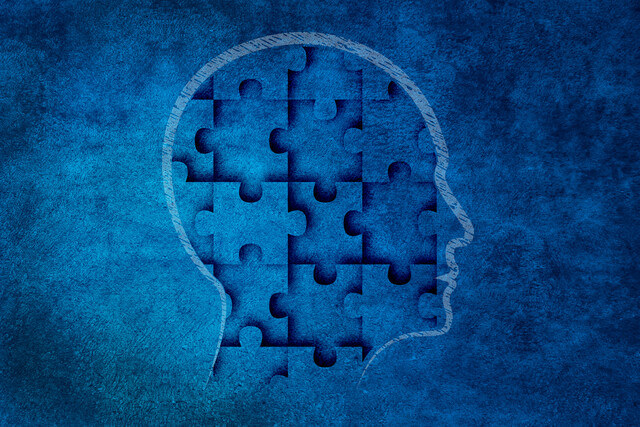 6 hours
0.6 CEUs
Introduction to Abnormal Psychology
+ More Info
6 hours
0.6 CEUs
Introduction to Abnormal Psychology
+ More Info
-
 7 hours
0.7 CEUs
Lean Management
+ More Info
7 hours
0.7 CEUs
Lean Management
+ More Info
-
 5 hours
0.5 CEUs
Workplace Safety
+ More Info
5 hours
0.5 CEUs
Workplace Safety
+ More Info
-
 5 hours
0.5 CEUs
Lawful Employee Termination
+ More Info
5 hours
0.5 CEUs
Lawful Employee Termination
+ More Info
-
 8 hours
0.8 CEUs
Procurement Management
+ More Info
8 hours
0.8 CEUs
Procurement Management
+ More Info
-
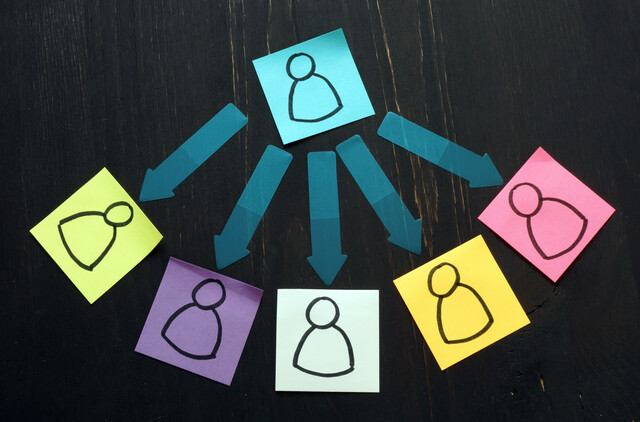 6 hours
0.6 CEUs
Delegation Skills
+ More Info
6 hours
0.6 CEUs
Delegation Skills
+ More Info
-
 4 hours
0.4 CEUs
How To Be a Substitute Teacher
+ More Info
4 hours
0.4 CEUs
How To Be a Substitute Teacher
+ More Info
-
 8 hours
0.8 CEUs
Assertiveness Training
+ More Info
8 hours
0.8 CEUs
Assertiveness Training
+ More Info
-
 5 hours
0.5 CEUs
Home Safety
+ More Info
5 hours
0.5 CEUs
Home Safety
+ More Info
-
 7 hours
0.7 CEUs
Leadership Skills for Managers
+ More Info
7 hours
0.7 CEUs
Leadership Skills for Managers
+ More Info
-
 5 hours
0.5 CEUs
Team Building 101
+ More Info
5 hours
0.5 CEUs
Team Building 101
+ More Info
-
 12 hours
1.2 CEUs
Serial Killers 101
+ More Info
12 hours
1.2 CEUs
Serial Killers 101
+ More Info
-
 5 hours
0.5 CEUs
Critical Thinking Skills
+ More Info
5 hours
0.5 CEUs
Critical Thinking Skills
+ More Info
-
 3 hours
0.3 CEUs
Building Self Esteem
+ More Info
3 hours
0.3 CEUs
Building Self Esteem
+ More Info
-
 8 hours
0.8 CEUs
Decision Making Skills
+ More Info
8 hours
0.8 CEUs
Decision Making Skills
+ More Info
-
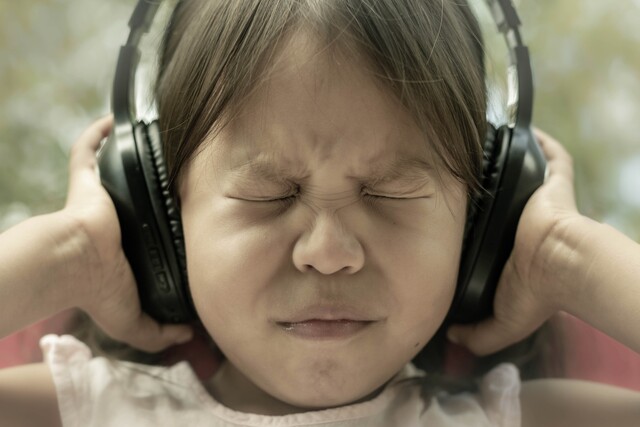 9 hours
0.9 CEUs
Emotional and Behavioral Disorders
+ More Info
9 hours
0.9 CEUs
Emotional and Behavioral Disorders
+ More Info
-
 10 hours
1.0 CEUs
Autism 101
+ More Info
10 hours
1.0 CEUs
Autism 101
+ More Info
-
 6 hours
0.6 CEUs
Generational Diversity in the Workplace
+ More Info
6 hours
0.6 CEUs
Generational Diversity in the Workplace
+ More Info
-
 5 hours
0.5 CEUs
Creative Thinking Skills
+ More Info
5 hours
0.5 CEUs
Creative Thinking Skills
+ More Info
-
 3 hours
0.3 CEUs
Problem Solving Strategies
+ More Info
3 hours
0.3 CEUs
Problem Solving Strategies
+ More Info
-
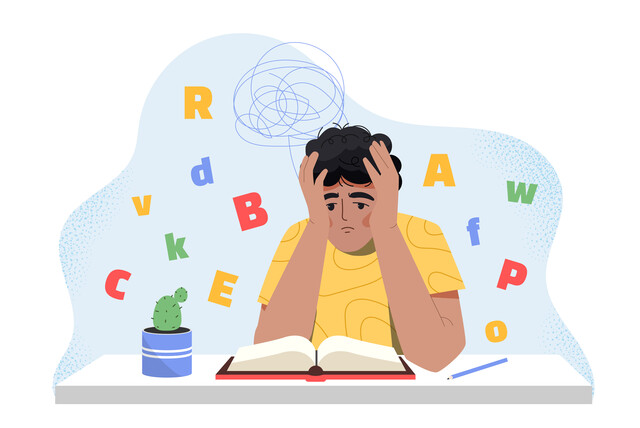 10 hours
1.0 CEUs
Learning Disabilities
+ More Info
10 hours
1.0 CEUs
Learning Disabilities
+ More Info
-
 7 hours
0.7 CEUs
Solving Classroom Discipline Problems
+ More Info
7 hours
0.7 CEUs
Solving Classroom Discipline Problems
+ More Info
-
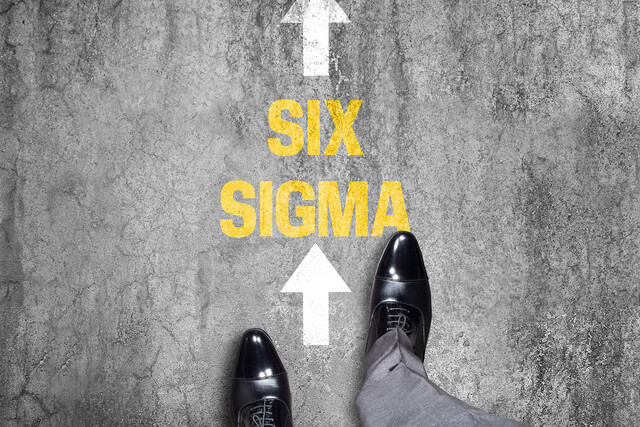 9 hours
0.9 CEUs
Introduction to Six Sigma
+ More Info
9 hours
0.9 CEUs
Introduction to Six Sigma
+ More Info


